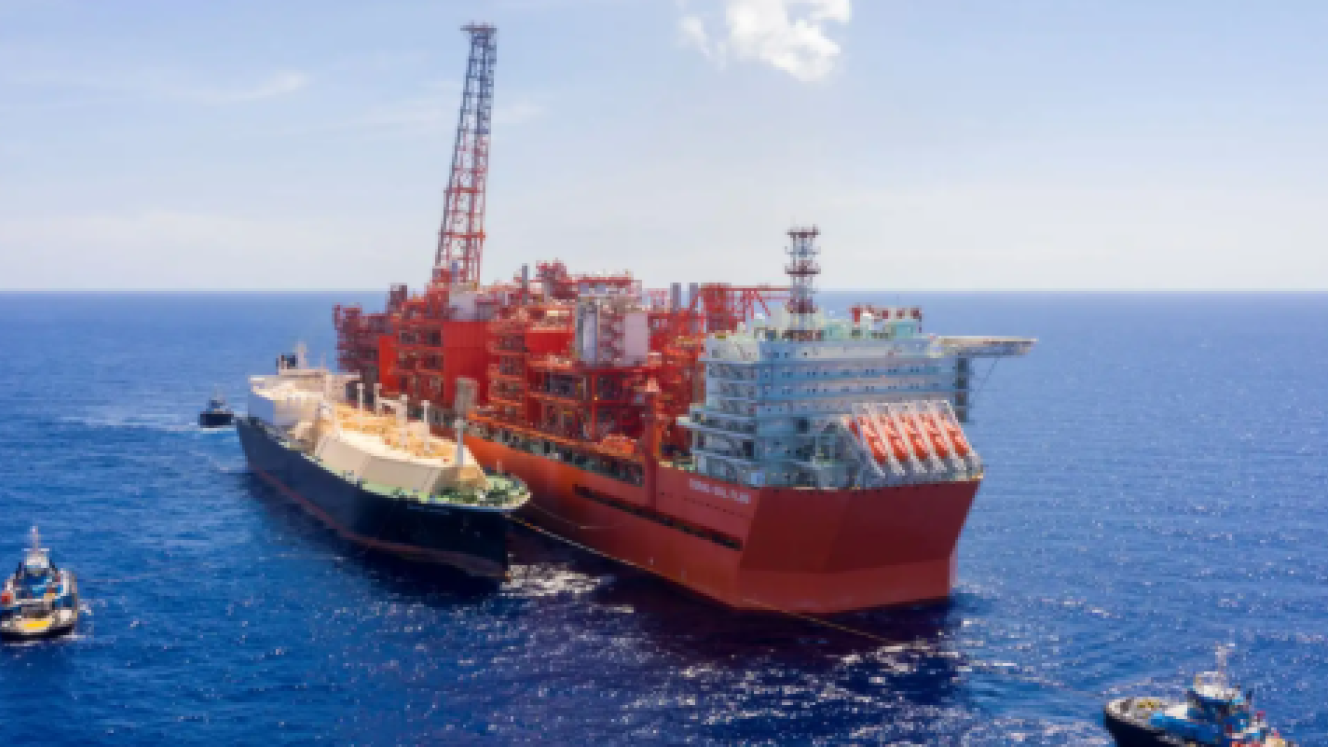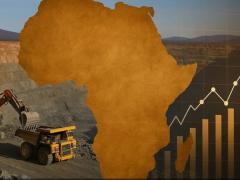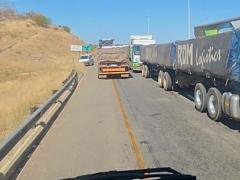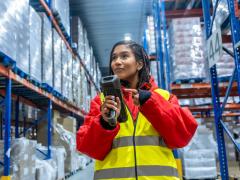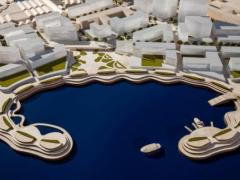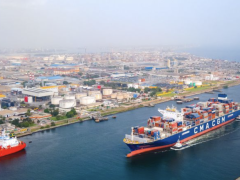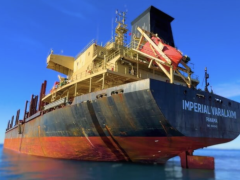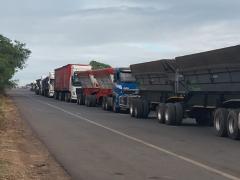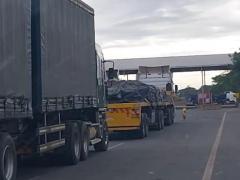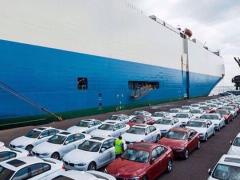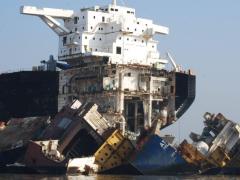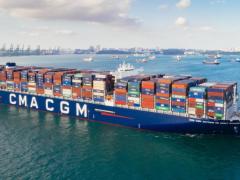Mozambique has reported a 66% rise in trade with its principal intra-regional partners on the continent, including countries such as Mauritius, Eswatini and Zambia.
But its trade in energy-related goods with South Africa (63%) and Zimbabwe (13%) accounted for the majority of the nation’s $7.1-billion increase in regional exports over the past five years.
Combined, the revenue generated from natural gas exports to South Africa and Zimbabwe has constituted approximately 48% of Mozambique’s intra-African exports.
In 2023, the country recorded a real GDP growth rate of 7%, placing it among the top five globally and second in Africa, just behind Libya's 12.5% growth.
Last year, its growth was disrupted by political unrest in the 4th quarter, placing it among the top 16 fastest-growing economies in Sub-Saharan Africa, alongside Guinea-Bissau.
The 10 fastest-growing economies on the continent were Niger (11.2%), Senegal (8.2%), Libya (7.9%), Rwanda (7.2%), Côte d'Ivoire (6.8%), Ethiopia (6.7%), Benin (6.4%), Djibouti (6.2%), Tanzania (6.1%) and Togo (6.0%).
And yet, despite Mozambique’s perceived economic rank slippage from 2023 to 2024, its five-year growth figures confirm its economic ascendance in the lower sub-Saharan region.
According to the Agência de Informação de Moçambique, Prime Minister Benvinda Levi used the country’s performance to highlight its role as a member of the African Continental Free Trade Area (AfCFTA).
Speaking during an AfCFTA launch in Beira, Levi said the bloc should be regarded by the national private sector as a catalyst for forging strategic partnerships and enhancing economic and commercial activity.
She said Beira had been selected to host the event due to its status as a genuinely integrated logistics hub, capable of facilitating trade with hinterland countries and, through them, with other nations on the continent and worldwide.
Levi said she believed the private sector possessed the capacity to contribute significantly to increasing Mozambique’s current level of trade with the rest of the African continent, which presently accounts for only 2% of the country’s total trade volume.
She emphasised the need for more enterprises to invest in networked industrial development and infrastructure, in support of the rapid expansion of production under the "Industrialise Mozambique" programme.
This would generate greater opportunities for increased exports, Levi said.
She further urged businesses to harness the potential of the country’s logistics corridors in the central, northern and southern regions, describing them as international platforms that facilitate connections to national, regional, continental and global markets.
